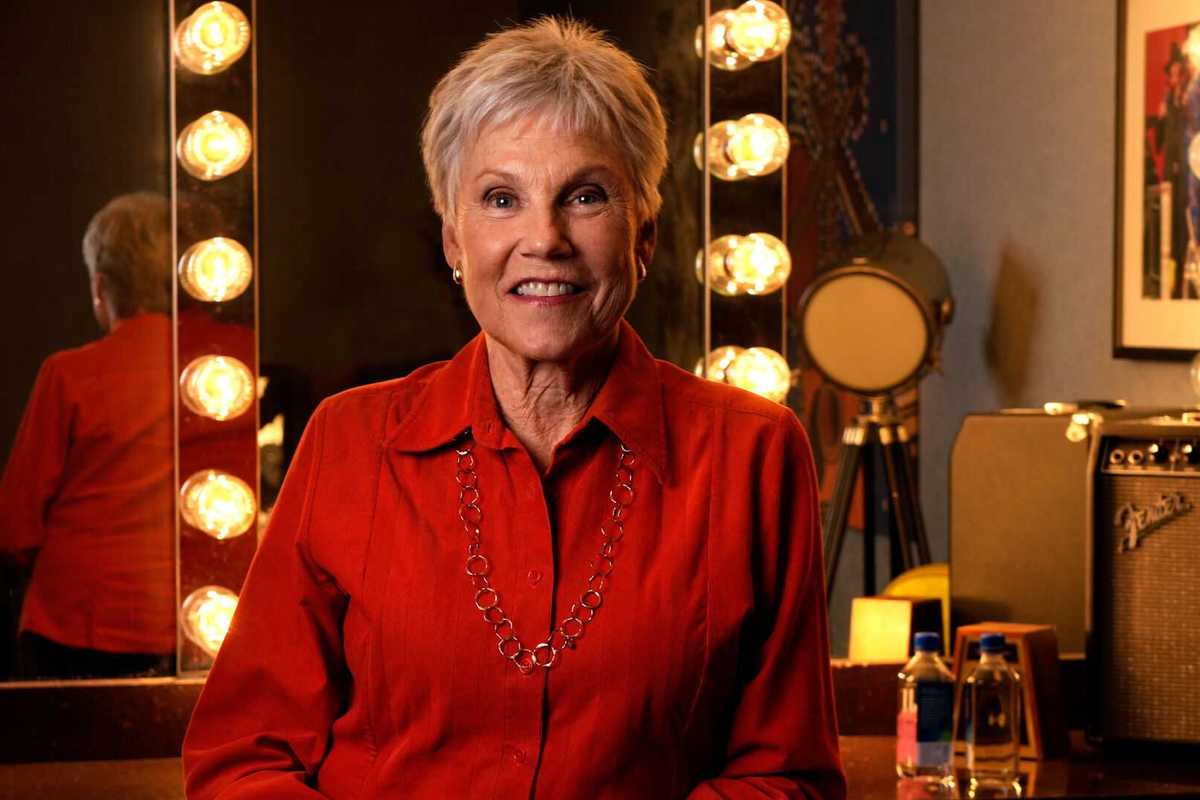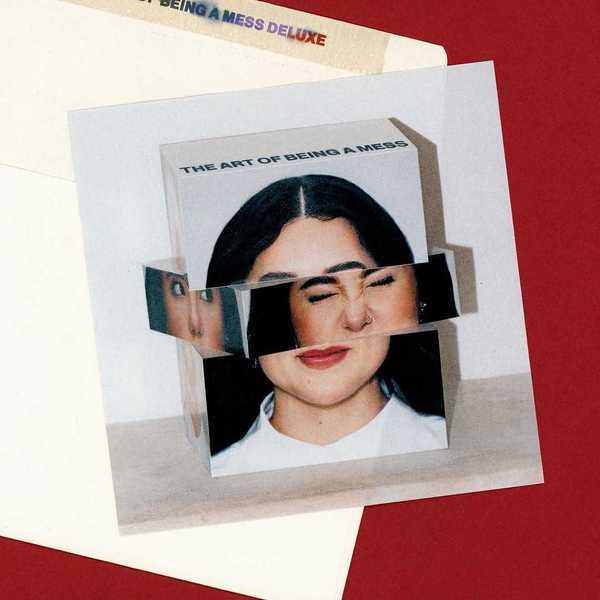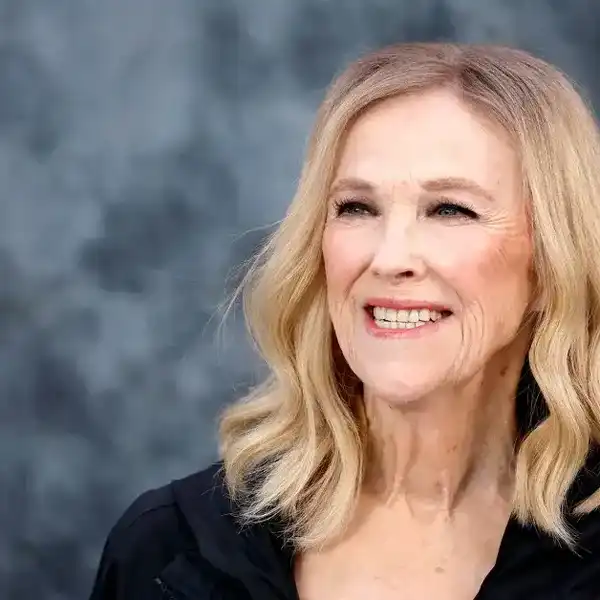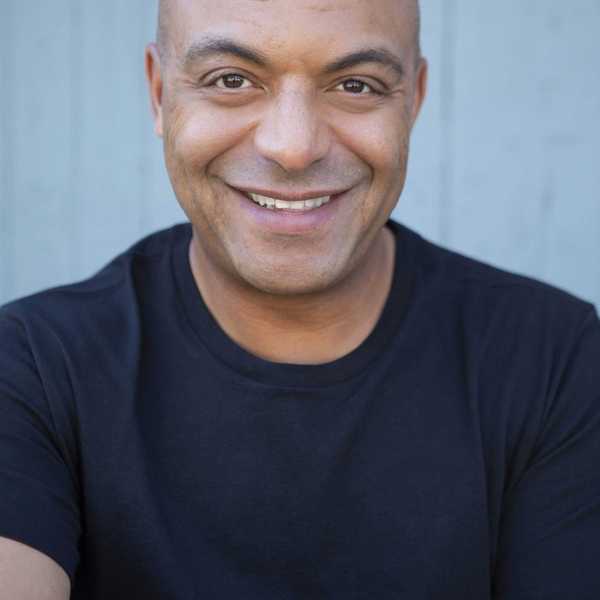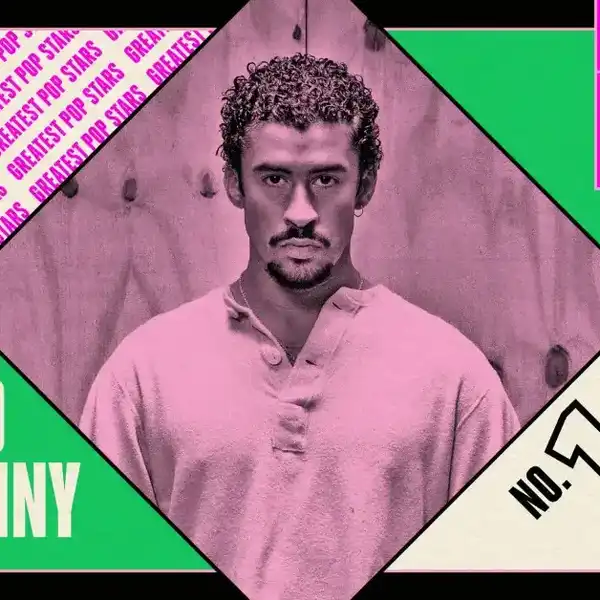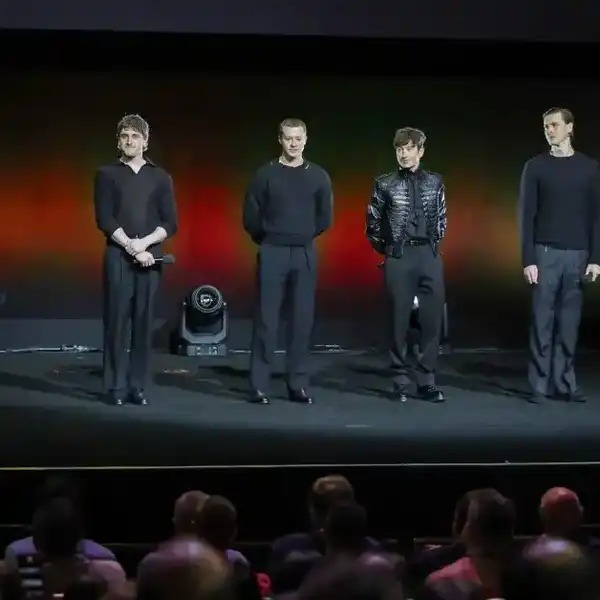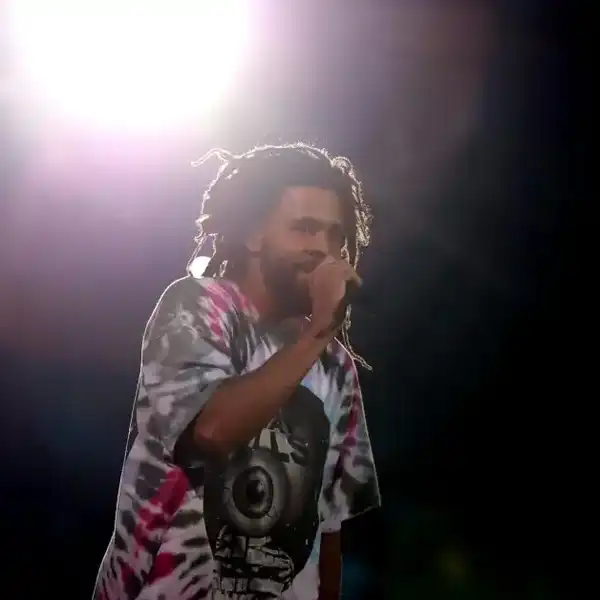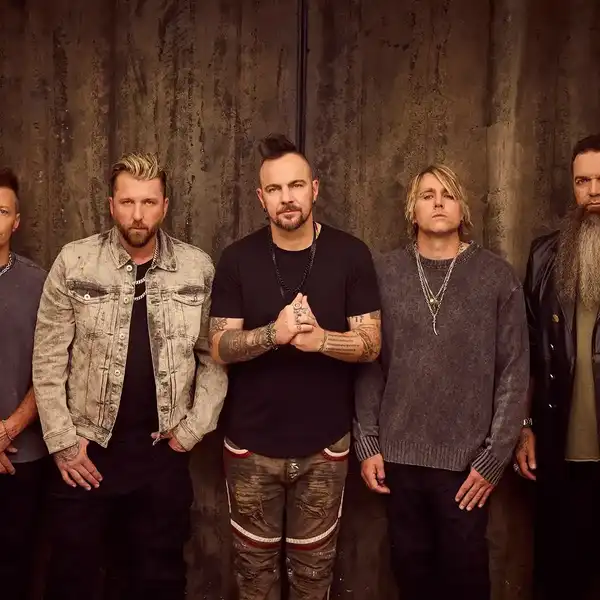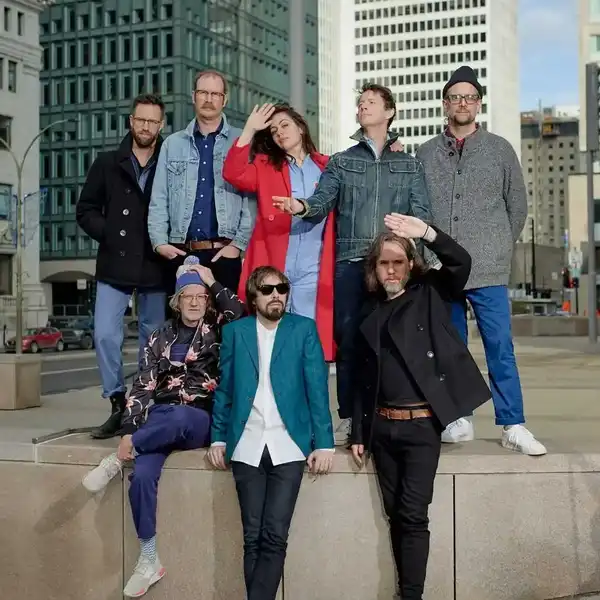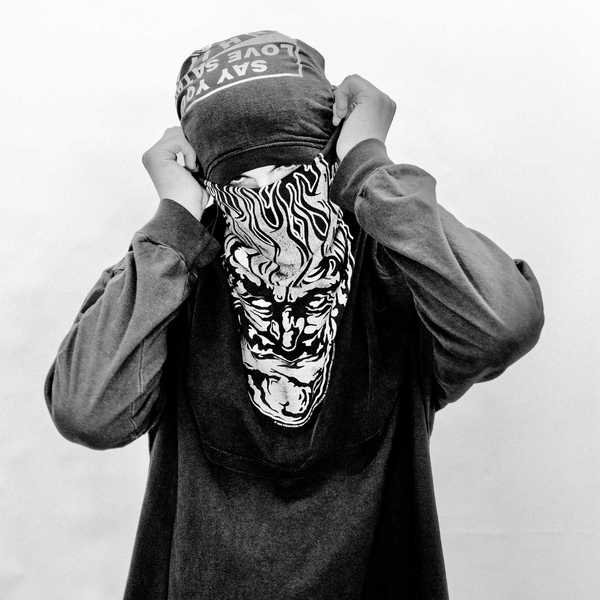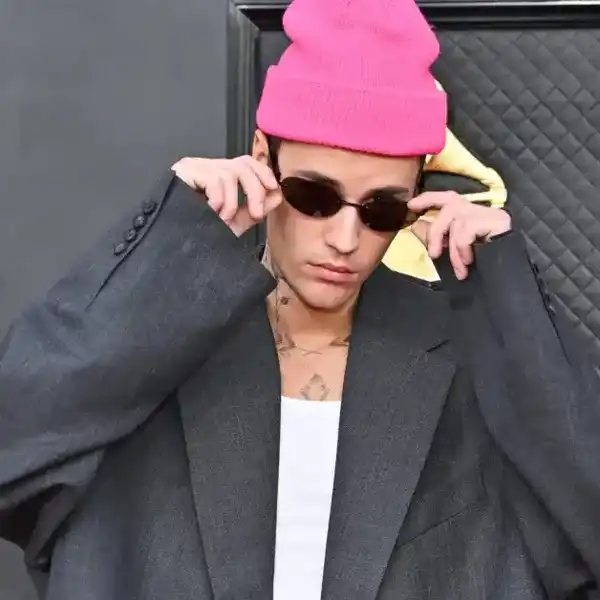The Covid Chronicles… Jesse Maxwell
The Toronto pop/R&B artist knows about self-isolation, a result of his past experience in rehab conquering his addictions. Those feelings are shared on a new track, and here he talks about that, his physically distanced concerts for residents of local retirement homes, and an upcoming Canadian Music Therapy Fund event.
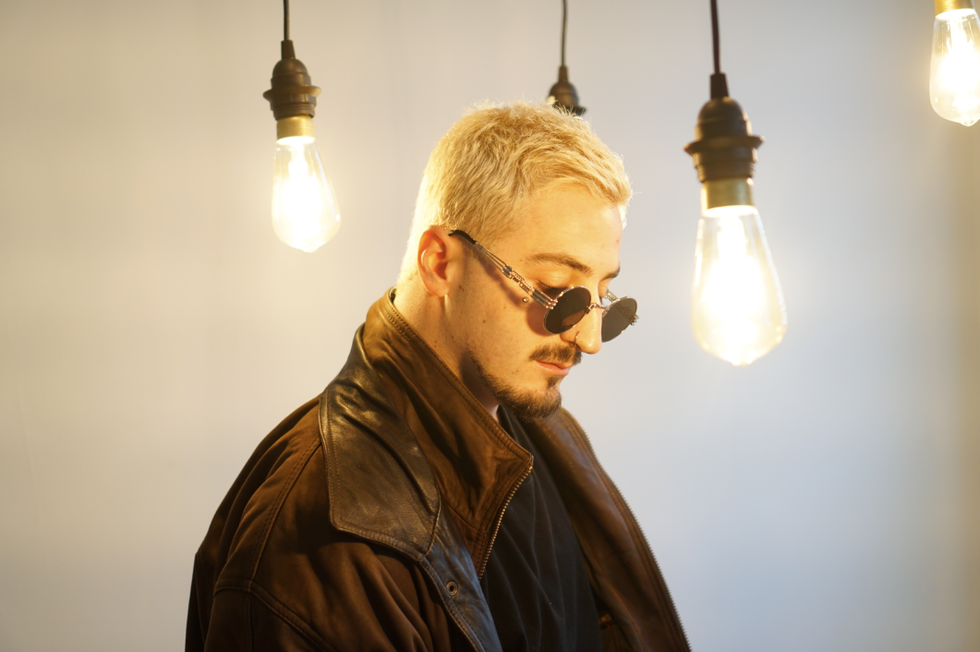
By Jason Schneider
Toronto pop/R&B artist Jesse Maxwell knows about self-isolation, a result of his past experience in rehab conquering his addictions. He shares those feelings on the track Room In Hell, the second single from his new album Radio Silence, available now via Trans Phatt Records.
The lyrics were inspired by the first time he called a rehab facility, revisiting the raw emotions he was experiencing at that moment. Overall, Room In Hell is a prime example of the album’s concept of going “radio silent” in embracing recovery through internal conversations.
Now fully clean and sober, Maxwell has been eager to try to alleviate others’ self-isolation by performing physically distanced concerts for residents of local retirement homes around Toronto. The first took place in late April at Cheltenham Care Community, where he played songs outside of the homes through a small PA, with residents able to listen through their windows.
Maxwell will also be a part of the Canadian Music Therapy Fund’s next Song Session for the Frontline on June 7, hosted by George Stromboulopoulos and also featuring STORRY, The Jerry Cans, Royal Wood and others. Currently, they’re halfway toward meeting their goal of raising $25,000 for music therapy programs dedicated to the mental health of frontline workers and their families.
We caught up with Maxwell to get more details, and for more about Radio Silence go to transphattrecords.com.
How are you coping with self-isolation personally?
I am blessed that I am healthy, I have a roof over my head and food in my fridge, so I have nothing to “cope” with necessarily. It is an adjustment, but I have my music and that keeps me insanely busy at all times.
You've released your new album Radio Silence in the midst of this pandemic. Has that given you a different perspective on any of the songs?
The album is an internal dialogue, and nowadays, it seems that's all we have. Isolation forces a time of reflection on everyone, and this album is all about reflection, growth and acceptance. For instance, I wrote Room In Hell about my struggle with drug addiction when I was younger. Addiction is very much a form of isolation, so if someone is listening and hasn't experienced addiction before, they can relate in other ways through the feelings of loss and separation.
You recently performed outside a retirement home, and will be part of an upcoming Canadian Music Therapy Fund event. What's something that you get out of connecting with people in this way?
There are so many things I love about music. One is being able to connect with people. I like to bring people joy, I like to see people happy and bring people together. It means a lot to me. Playing for the retirement home and participating in the CMFD event for the frontline workers has been a completely humbling experience for me and I am grateful that I am able to be part of a greater effort to enhance people's lives at a difficult time.
How has the inability to play live affected you overall?
I had my album release show booked for May 14, and I’m hoping to get it rescheduled for later this summer. Overall though, it’s not terrible. I've utilized this time to really build up my online presence. Before quarantine, my Spotify was at 120 followers. Since then it’s been growing every day, and I'm about to hit 5,000! I realized there was no point in fighting what was going on, so I’ve tried to use it to my advantage and build what was not there before. I still do IG Lives/Takeovers, and have been doing many interviews online, so there is still momentum and engagement with my listeners.
What do you believe the longterm effects of the pandemic will be on the music industry?
I think that the idea of live shows will be affected for at least the foreseeable future. We live in a digital age where everything is accessible over the Internet and social media, so I can see a pivot towards more online interaction. I do hope people see the effect this has taken on all artists and continue to support the indie artists who have been working to break through the noise.

